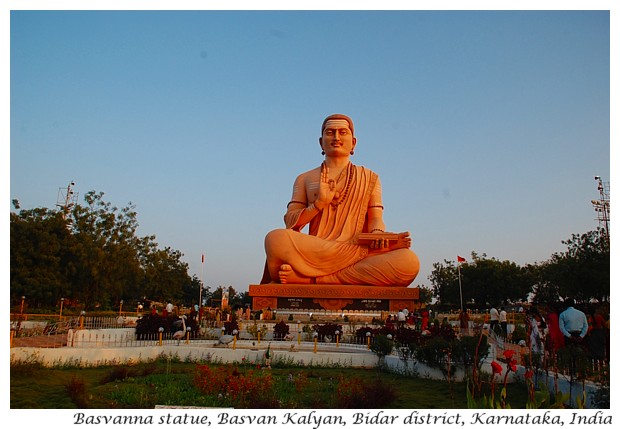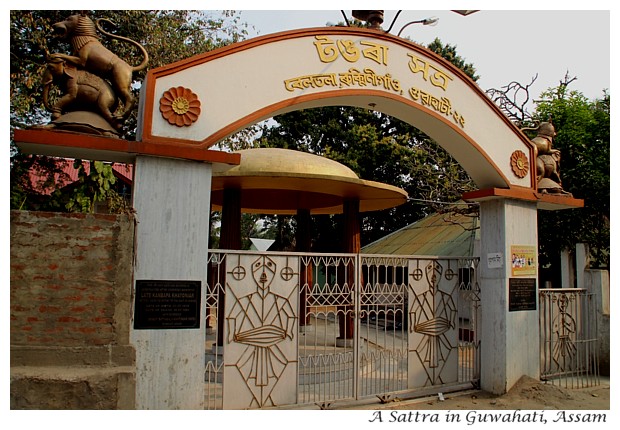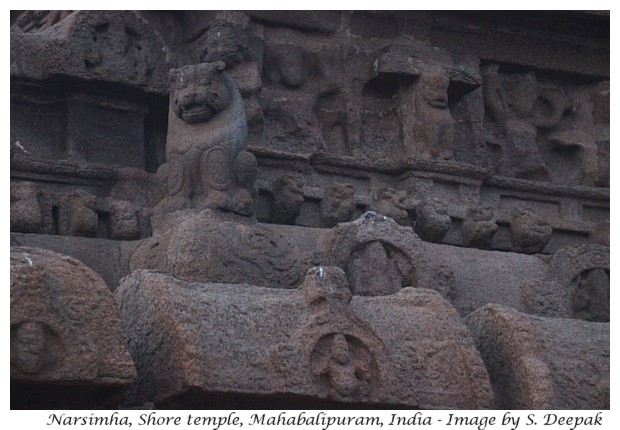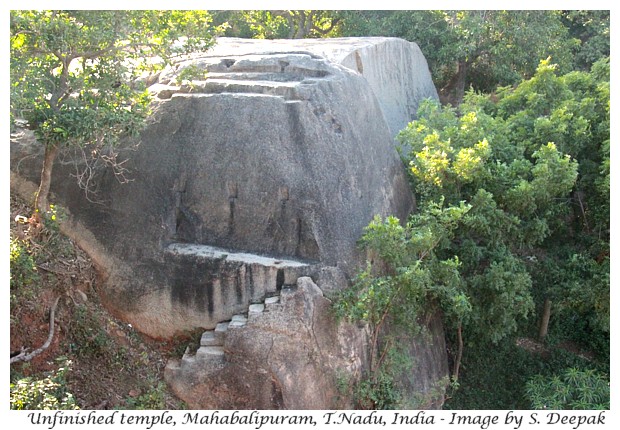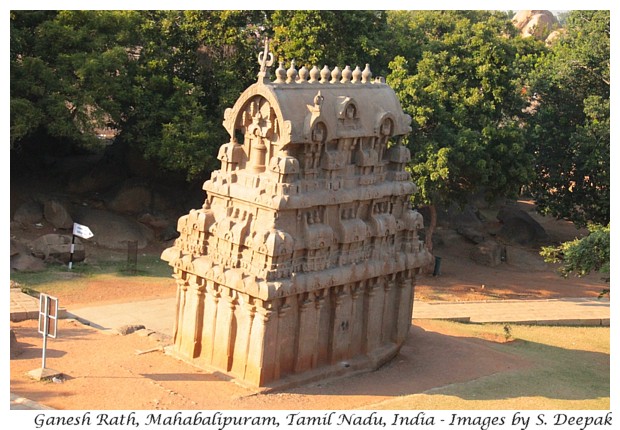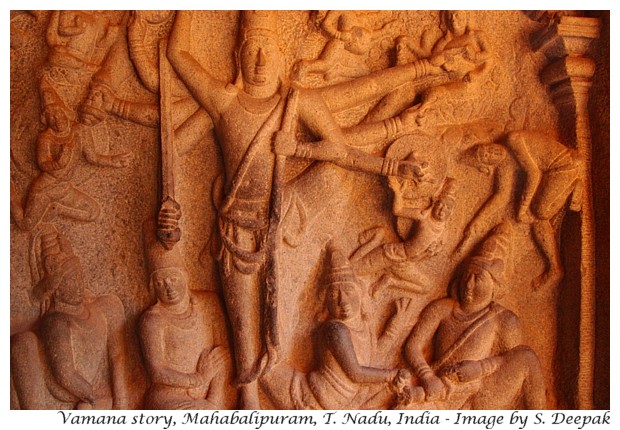In this article, I want to share some of my reflections from this effort. You can download the full report (PDF, 1.4 MB) and the Summary Report (PDF, 0.6 MB).
In 2006, the United Nations (UN) had approved the Convention on the Rights of Persons with Disabilities (CRPD). This Convention asks the Governments to involve the DPOs in planning the different disability related activities. At the same time, the DPOs are expected to monitor if the Convention is being implemented properly in their countries and to provide their independent reports to the UN. For all these roles, DPOs need specific knowledge and skills.
DASU project focuses on capacity building and strengthening of DPOs in Liberia by working in collaboration with the national umbrella organisation called NUOD (National Union of Organisations of Disabled) that unites all the Liberian DPOs. NUOD representatives joined me for different activities of the diagnostic study.
DASU project focuses on livelihood and economic independence of disabled persons. However, a separate baseline study on livelihood-entrepreneurship was planned in the project, so in my study I did not look at these aspects and my focus was wider and more general.
Background
I was asked to carry out a diagnostic study to look at the capacities, skills and needs of the organisations of persons with disabilities (DPOs) in 3 counties of Liberia – Bong, Grand Gedeh and Nimba. The information collected from this study would have helped the project to plan the training of the DPO members.In 2006, the United Nations (UN) had approved the Convention on the Rights of Persons with Disabilities (CRPD). This Convention asks the Governments to involve the DPOs in planning the different disability related activities. At the same time, the DPOs are expected to monitor if the Convention is being implemented properly in their countries and to provide their independent reports to the UN. For all these roles, DPOs need specific knowledge and skills.
DASU project focuses on capacity building and strengthening of DPOs in Liberia by working in collaboration with the national umbrella organisation called NUOD (National Union of Organisations of Disabled) that unites all the Liberian DPOs. NUOD representatives joined me for different activities of the diagnostic study.
DASU project focuses on livelihood and economic independence of disabled persons. However, a separate baseline study on livelihood-entrepreneurship was planned in the project, so in my study I did not look at these aspects and my focus was wider and more general.
Conducting the Study
Our original plans for diagnostic study had to be slightly modified – considering that some groups of persons with disabilities were greatly under-represented in the county DPOs, it was decided to also involve 2 national level DPOs from Monrovia in the process: the DPO representing persons with mental health issues called Cultivators for Users’ Hope (CFUH) and the Liberian National Association of the Deaf (LNAD).At the beginning and the end of this article you will find the links to download the full and the summary versions of report. However, here I would like to explain a little more about the Desk Review component of the study.
I was prepared to find little published information regarding the county level DPOs. However, a large number of foreign-aid and development projects had been implemented in the country in the decade following the end of the civil war in 2003. Thus, I was expecting that there would be plenty of information regarding the Disability and Rehabilitation (D&R) from the foreign-aid and development sectors.
However, I was surprized by an overall lack of materials and information about D&R. There were few reports prepared in a past few years and they had patchy information. For example, about the number of persons with disabilities in Liberia, these reports cited a survey carried out by a UNICEF project in 1997 while the disability data collected during the national census in 2008 was largely ignored.
(1) Civil war in Liberia: The country went through a brutal civil war from 1989 to 2003. Almost 8% of the Liberia’s population died during the war while more than one-third was displaced. The war destroyed most of the country’s infrastructure, including schools and hospitals. The war created huge challenges. For example, at the end of the war, there were about 21,000 child soldiers who had to be integrated and rehabilitated. Thus, it is easy to understand why there was little information available about Disability & Rehabilitation services from the pre-2003 period.
(2) The Post-Civil War Reconstruction: The rebuilding of the country after the civil war started slowly. In the D&R sector, the Government took quick decisions but these were not followed by effective implementation. For example, an autonomous body called National Commission on Disability (NCD) was set-up in 2005, but till 2011, it did not have any staff or budget.
On the other hand, slowly but surely, Liberia had started growing and became one of the fastest growing economies in Africa. In 2013, Liberia’s GDP was growing at around 8%.
(3) Ebola Virus Crisis (EVC): In 2014 when EVC broke out in Liberia, the Government had already started to work on a national Disability Action Plan (DAP). The crisis brought everything to a standstill as businesses closed, programmes stopped and the international collaborations were blocked. All the expatriate staff of the foreign-aid and development organisations left the country in a hurry, taking with them their reports and information - few, if any of these reports were available on the internet. The GDP growth of Liberia turned negative.
The EV crisis was officially closed in 2016. After that the country is slowly growing back. For example, in 2017, the GDP growth has been a little more than 2%.
The international NGOs active in D&R sector in Liberia are still few (mainly AIFO/Italy and Sight Savers Int.) probably because the fears of Ebola virus still linger.
I can only guess that because of Ebola crisis, most of the archives of international organisations active in Liberia were lost. If they had any websites, they were also closed. Though NCD, NUOD and the national level DPOs still have persons who were there and saw the events of the past 20-30 years, there is little documented information or reports.
The Liberian disability organizations have access to very few resources and are fighting for their survival. They do not have resources to invest in documenting their histories and stories. I think that it is an area that would benefit from research and documentation by the university students from Liberia and abroad.
This is why I have enlarged the section of the Desk Review in my report, to provide a historical overview of the D&R sector in Liberia. However, I am sure that a lot of information is still missing. Persons and NGOs who had worked in the development sector in Liberia during 2003-2014, including the expatriates, probably they will have some of the missing information.
You can download the last version of the full report (PDF, 1.4 MB) on Disability & Rehabilitation in Liberia. The report is also available in a Summary (Easy to Read) version (PDF, 0.6 MB).
Desk Review on Disability & Rehab in Liberia
The Desk Review was supposed to look at the available information about DPOs and NUOD in Liberia including any formal and informal publications and reports.I was prepared to find little published information regarding the county level DPOs. However, a large number of foreign-aid and development projects had been implemented in the country in the decade following the end of the civil war in 2003. Thus, I was expecting that there would be plenty of information regarding the Disability and Rehabilitation (D&R) from the foreign-aid and development sectors.
However, I was surprized by an overall lack of materials and information about D&R. There were few reports prepared in a past few years and they had patchy information. For example, about the number of persons with disabilities in Liberia, these reports cited a survey carried out by a UNICEF project in 1997 while the disability data collected during the national census in 2008 was largely ignored.
Reasons for Lack of Systematic Information About D&R
A bit of digging in different archives and talking to some key persons, brought out some of the underlying causes of this lack of available information about D&R sector in Liberia. These included the following:(1) Civil war in Liberia: The country went through a brutal civil war from 1989 to 2003. Almost 8% of the Liberia’s population died during the war while more than one-third was displaced. The war destroyed most of the country’s infrastructure, including schools and hospitals. The war created huge challenges. For example, at the end of the war, there were about 21,000 child soldiers who had to be integrated and rehabilitated. Thus, it is easy to understand why there was little information available about Disability & Rehabilitation services from the pre-2003 period.
(2) The Post-Civil War Reconstruction: The rebuilding of the country after the civil war started slowly. In the D&R sector, the Government took quick decisions but these were not followed by effective implementation. For example, an autonomous body called National Commission on Disability (NCD) was set-up in 2005, but till 2011, it did not have any staff or budget.
On the other hand, slowly but surely, Liberia had started growing and became one of the fastest growing economies in Africa. In 2013, Liberia’s GDP was growing at around 8%.
(3) Ebola Virus Crisis (EVC): In 2014 when EVC broke out in Liberia, the Government had already started to work on a national Disability Action Plan (DAP). The crisis brought everything to a standstill as businesses closed, programmes stopped and the international collaborations were blocked. All the expatriate staff of the foreign-aid and development organisations left the country in a hurry, taking with them their reports and information - few, if any of these reports were available on the internet. The GDP growth of Liberia turned negative.
The EV crisis was officially closed in 2016. After that the country is slowly growing back. For example, in 2017, the GDP growth has been a little more than 2%.
The international NGOs active in D&R sector in Liberia are still few (mainly AIFO/Italy and Sight Savers Int.) probably because the fears of Ebola virus still linger.
I can only guess that because of Ebola crisis, most of the archives of international organisations active in Liberia were lost. If they had any websites, they were also closed. Though NCD, NUOD and the national level DPOs still have persons who were there and saw the events of the past 20-30 years, there is little documented information or reports.
The Liberian disability organizations have access to very few resources and are fighting for their survival. They do not have resources to invest in documenting their histories and stories. I think that it is an area that would benefit from research and documentation by the university students from Liberia and abroad.
This is why I have enlarged the section of the Desk Review in my report, to provide a historical overview of the D&R sector in Liberia. However, I am sure that a lot of information is still missing. Persons and NGOs who had worked in the development sector in Liberia during 2003-2014, including the expatriates, probably they will have some of the missing information.
Conclusions
The Diagnostic Study on county DPOs in Liberia was published recently. However, I am planning to keep on updating it over the next couple of years. Thus, if you have any comments, suggestions or corrections regarding this report, I will appreciate hearing from you. If you have access to any specific reports or publications regarding disability and rehab issues in Liberia that are not mentioned in the bibliography of this report, do share them with me.You can download the last version of the full report (PDF, 1.4 MB) on Disability & Rehabilitation in Liberia. The report is also available in a Summary (Easy to Read) version (PDF, 0.6 MB).
Finally, I would like to thank all the persons who made this work possible. These include a large number of persons from county DPOs, national DPOs, and NGOs in Liberia and AIFO office in both Liberia and Italy. My special thanks go to Naomi Harris, Daniel Dagbe and Heylove Marks from NUOD/Liberia and Ricardia Dennis from NCD/Liberia.
All the images used in this post come from my meetings with persons with disabilities and their organisations in Liberia.
*****
#liberiadisabilityreport #liberia #dposliberia #nuodliberia #personswithdisabilitiesliberia







